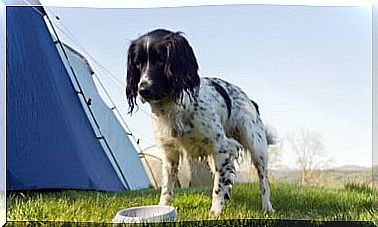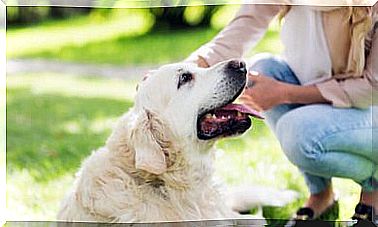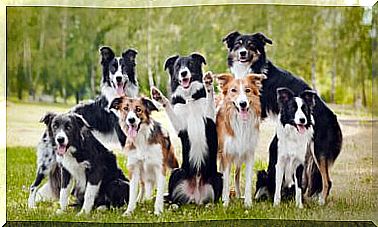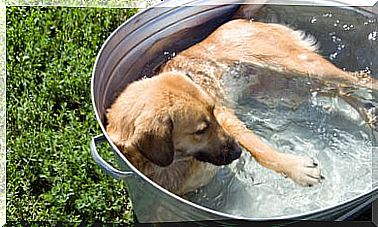Regulations On Dogs In Public Lifts
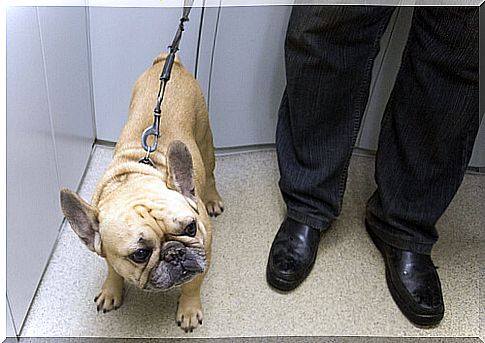
Today, a large part of the world’s population living in urban centers decides to share their home with one or more dogs. However, there are still many frequent doubts of tutors about the current ordinances about the presence of dogs in public spaces, including those related to dogs in public elevators.
Dogs in public elevators: is there a regulation in Spain on this matter?
Sometimes we talk about the benefits of living with dogs for our physical and mental health. But we cannot forget that adopting a pet also implies responsibilities and challenges, especially when we live in flats and we need to take into account certain norms – official or sub-understood – of social coexistence and mutual respect.
In this sense, one of the keys to avoid neighborhood conflicts is to know the rules for getting on with dogs in public elevators. Although it is true that for pet lovers this situation seems perfectly normal, the truth is that not everyone is willing to share this closed and reduced space with pets.
But preferences and opinions aside, is there a regulation that determines the conditions for using public elevators with dogs in Spain? Although it may be disappointing, the answer is: no! There is no framework law at the national level that specifically talks about the presence of dogs in elevators in neighborhood co-properties.
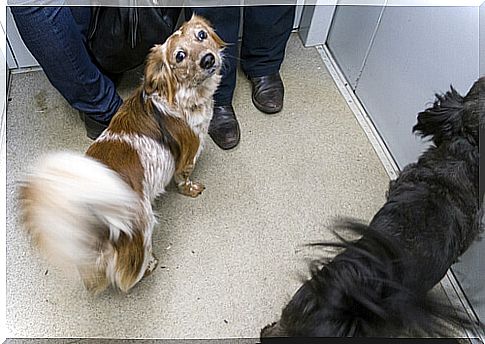
Horizontal property law
In Spain, the law on horizontal property, published on July 21, 1969, includes all current regulations regarding dwellings and joint properties. However, this regulation does not speak specifically about the keeping of pets in buildings, much less prohibits the permanence of dogs in public elevators.
As expected, the absence of an official regulation usually entails certain complications for neighborhood relations. Unfortunately, it is not rare that we see co-owners facing bans or penalties for using the elevators in their building in the company of their dog.
Can a neighborhood council prohibit the presence of dogs in public elevators?
In the absence of a framework law on the keeping of animals in neighborhood co-properties, neighborhood boards can issue their own internal regulations or statutes. However, the problem appears when the regulations approved by the neighborhood community become abusive or contradictory by infringing the individual right of each owner.
For example, no neighborhood council can prohibit a co-owner from adopting a pet. However, if the presence of this animal implies physical or moral damage to the other co-owners or to the common heritage, it is possible that the neighborhood council will resort to an injunction to put a limit on this inappropriate behavior of the dog or its guardian .
Something similar happens when we talk about staying with dogs in public elevators. In general terms, it is understood that neighborhood communities should not prohibit the use of elevators to our dogs.
After all, this technology is as important to them as it is to us, especially when they reach an advanced age and no longer have great mobility.
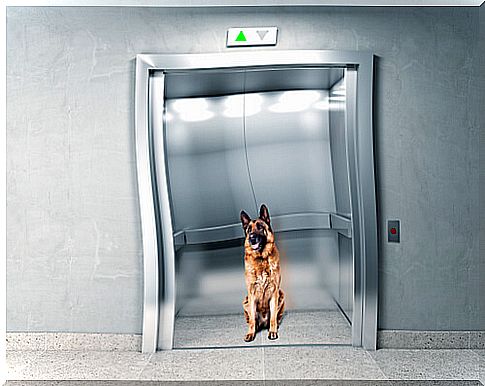
However, there are certain aspects that may lead a neighborhood board to propose that dogs can only use the stairs in buildings. For example, the inappropriate behavior of an owner (allowing or not collecting the needs of their pet), or health conditions of some or more co-owners (allergies, skin problems, phobias, etc.).
How to avoid neighborhood problems due to the use of elevators with dogs?
In general, this type of problem due to the use of elevators in neighborhood communities occurs with a particular neighbor. In these cases, it is very important that we maintain empathy and interpret this situation calmly and rationally.
Not all neighbors can be forced to enjoy the company of dogs or other companion animals. In addition, there are those who for health reasons cannot really stay with a dog in such a small space and lacking ventilation, such as an elevator.
In any case, it is advisable to maintain a peaceful and supportive behavior, which allows the other neighbor to have preference when using the elevator. Likewise, always remember to request a copy of the statute in your building to know the rules and conditions in force in your neighborhood community.
With the documentation in hand, it will be possible to avoid many unnecessary headaches and you will also have a solid foundation to assert your rights as a guardian and co-owner.

